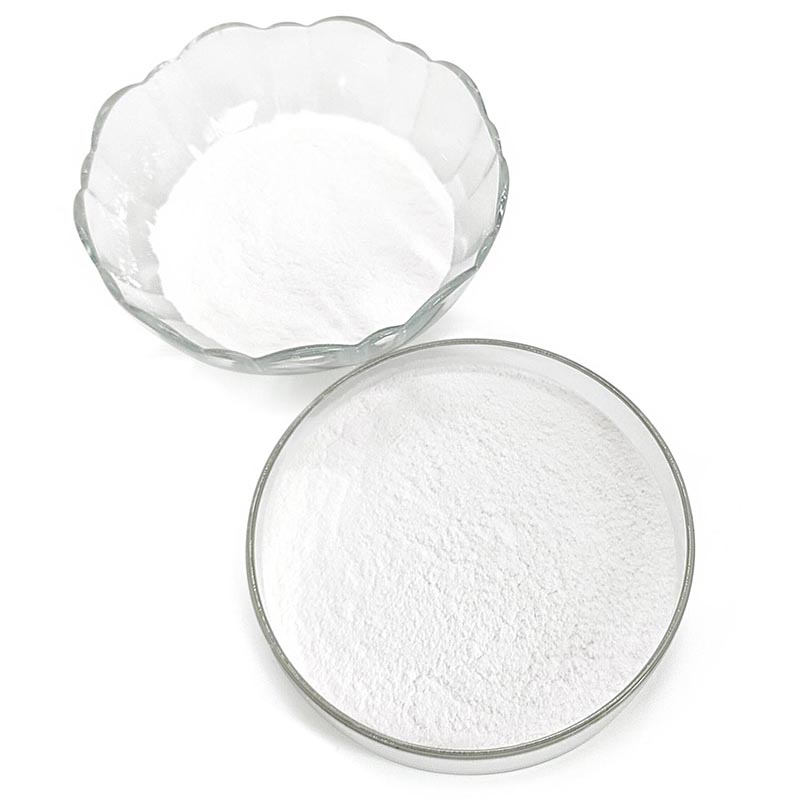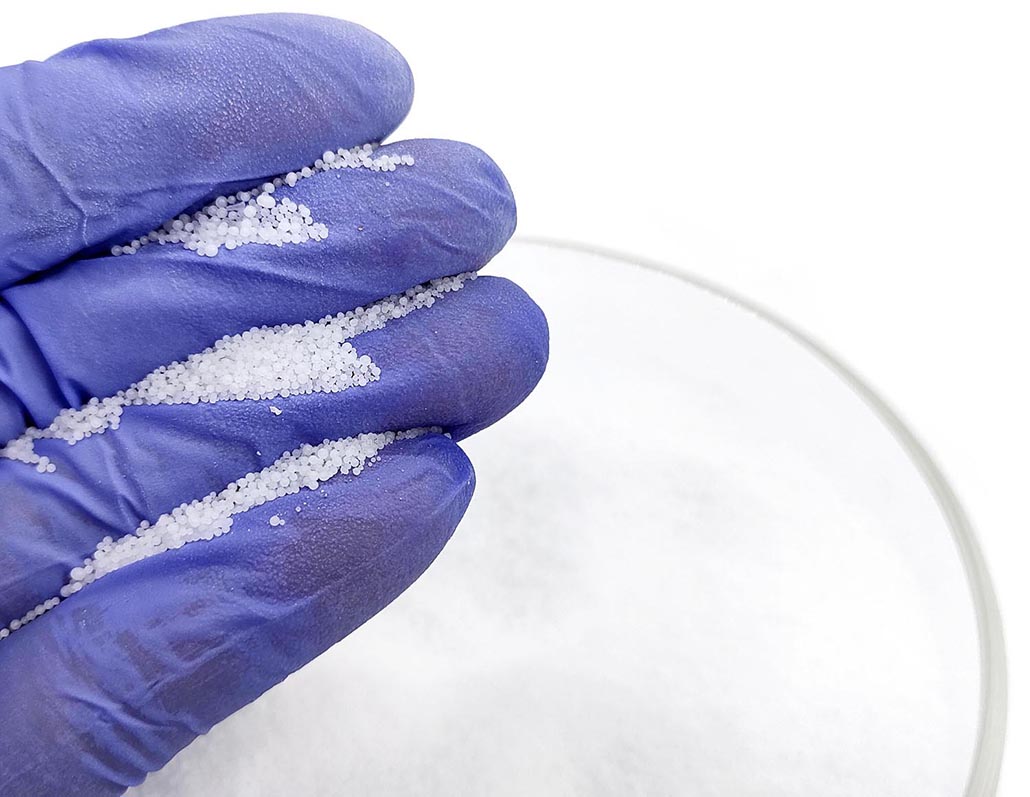A new report that warns of human health risks related to PVC and recommends it be avoided for drinking water pipes is "junk science" and a "disservice to public health."
That is according to Bruce Hollands, executive director of the Uni-Bell PVC Pipe Association, an Irving, Texas-based trade group. Pvc Plasticiser

"There is so much wrong with it, it is hard to know where to start," Hollands said in an email about the 56-page report, "The Perils of PVC Plastic."
The report was released April 18 by Bennington, Vt.-based Beyond Plastics, a nonprofit group that is pushing against the use of federal funds to replace lead water pipe with PVC.
Hollands was unavailable for comment at the time, but he shared his concerns in an April 26 email to Plastics News.
"[The report] is a confused conflation of pseudo-science, innuendo and outright bias," Hollands said. "For instance, the conclusion of the report states that 'at a minimum' PVC pipes leach phthalates. This is not possible since phthalates are not used in the manufacture of PVC water pipe."
Hollands also took issue with the report's claims that PVC pipe releases harmful organotins.
"Because there are many different types of organotin, environmental advocacy groups have used this to sow confusion about the safety of organotin stabilizers used in PVC pipe," Hollands said.
Studies have shown that one organotin, dibutyltin dichloride (DBTDC), may cause adverse health effects, Hollands said. However, this substance is not present in any of PVC pipe's raw materials, nor is it formed at any point during pipe manufacture, installation, or use, he added.
"In North America, the raw materials used to make PVC pipe often include heat stabilizers that contain tin. These organotin stabilizers have been tested and found to be safe for use in potable water applications," Hollands said.
All PVC pipe, fittings and materials are tested at least once per year for tin stabilizers by NSF International, Hollands said. Pipe samples are provided by the manufacturer or are selected randomly by third-part laboratory auditors during unannounced inspections of production facilities.
"Certification to NSF/ANSI Standard 61 confirms that leaching of organotin stabilizers used in PVC water pipe manufacturing is not a concern," Hollands said. "The bottom line is that PVC pipe does not contain dibutyltin dichloride and the tin stabilizers that are used in PVC pipe are not a health risk."
The Beyond Plastics report also makes false claims about PVC water pipe being the cause of benzene and other contaminants in water systems after wildfires, Hollands said. No PVC water distribution or transmission mains were ever affected by wildfires in California and remained in service throughout the events, he said.
"This fact alone makes it impossible for PVC pipe to have been a source of benzene contamination in the localities mentioned in the report," Hollands said. "Wildfires do not impact PVC water and sewer infrastructure pipe since it is buried underground, insulated from heat generated above ground. The primary source of benzene in forest fires is from the combustion of wood. Burning homes and other structures are secondary sources."
Hollands is directing attention to two Environmental Product Declarations (EPDs) for PVC pipe — one published in 2015, the other in 2023.
The EPDs state that PVC pipe and fittings are resistant to chemicals generally found in water and sewer systems, preventing any leaching or releases to ground and surface water during the use of the piping system. No known chemicals are released internally into the water system. No known toxicity effects occur in the use of the product.
"The best way to counter the misinformation in the Beyond Plastics report is with science and facts," Hollands said. "There are over 2 million miles of PVC water transmission and distribution pipe in service in North American and it has been used safely for more than 70 years."
Beyond Plastics members recommend lead service lines be replaced with pipes made from stainless steel or unlined recycled copper as opposed to virgin copper because of the environmental impacts associated with mining and smelting.
The recommended pipe alternatives cost more but are arguably similar in cost to install when it comes to labor and machinery, according to Beyond Plastics.
Hollands questions why the nonprofit group's report doesn't mention any dangers associated with copper piping — a material addressed in the EPA's Lead and Copper Rule since 1991.
"Like lead, copper enters drinking water primarily through plumbing materials," Hollands said. "As with lead, corrosion causes copper pipes to release toxic levels of copper into drinking water systems. Exposure to excessive copper can cause health problems ranging from stomach and intestinal distress, liver or kidney damage, and complications of Wilson's disease in genetically predisposed people."
Also, the European Chemicals Agency has added copper to its endocrine disruptor assessment list, Hollands said.
The trade group spokesman said he wonders about the motive behind recommending primarily copper pipe over other pipe materials when a technically thorough report would have discussed all the pipe materials available for water systems.
"There are so many things wrong with the Beyond Plastics document that it is a complete disserve to public health," Hollands said.
The trade group spokesman is particularly upset about the report questioning the soundness of the NSF certification process.
"Perhaps most egregious of all, the report attacks the professionalism and independence of NSF International and its rigorous certification protocols and processes."
For almost 80 years, Ann Arbor, Mich.-based NSF has been a trusted certification body to protect health through impartial product testing of everything from water treatment systems to household appliances to dietary supplements to sustainable flooring.
However, Beyond Plastics points out the private organization is partially funded by pipe manufacturers and relies on some self-reported data from those processors.
Hollands is reminding the public that the Environmental Protection Agency was responsible for testing and certifying that materials were safe to be used for both drinking water and wastewater pipes until the late 1980s. That's when EPA, through a regulatory process, passed the responsibility to the NSF.
"The ANSI/NSF 61 Standard ensures that drinking water pipes are safe and that all pipes are tested for safety equally," Hollands said. The materials are tested before the pipes are used commercially, by subjecting them to multiple tests, including if the pipes leach chemicals or other substances into the water. Once the materials are certified, the testing does not stop. Materials used in pipes are continuously tested throughout production by NSF. These audits are done randomly twice a year and also ensure quality control tests are being done by the manufacturer."
As local decision makers order pipes to replace lead service lines, Hollands urges them to get information from well-established and reliable institutions like NSF International, ANSI, CSA and others.
"Beware of organizations like Beyond Plastics with an obvious bias against PVC and plastic piping," Hollands said. "Ask pipe material companies whether they have conducted a life cycle assessment (LCA) and EPD for their products according to internationally recognized standards."
The PVC pipe industry has published the only LCA and environmental performance review of underground piping in North America conducted according to ISO 14040 series standards, Hollands said.
"The ISO methodology and requirements for LCA's are the most rigorous and transparent in the world," he added. "The EPD confirms that no known chemicals are released internally into the water system and no known toxicity effects occur in the use of PVC pipe. The PVC pipe EPD is has been recently updated and again confirms that PVC pipe is completely safe as well as being the piping material with the lowest carbon footprint and environmental impacts."
Do you have an opinion about this story? Do you have some thoughts you'd like to share with our readers? Plastics News would love to hear from you. Email your letter to Editor at [email protected]
Please enter a valid email address.
Please enter your email address.
Please select at least one newsletter to subscribe.
Find more newsletters at plasticsnews.com/newsletters. You can unsubscribe at any time through links in these emails. For more information, see our Privacy Policy.
Staying current is easy with Plastics News delivered straight to your inbox, free of charge.
Plastics News covers the business of the global plastics industry. We report news, gather data and deliver timely information that provides our readers with a competitive advantage.

Liquid Pvc Stabilizer 1155 Gratiot Avenue Detroit MI 48207-2997